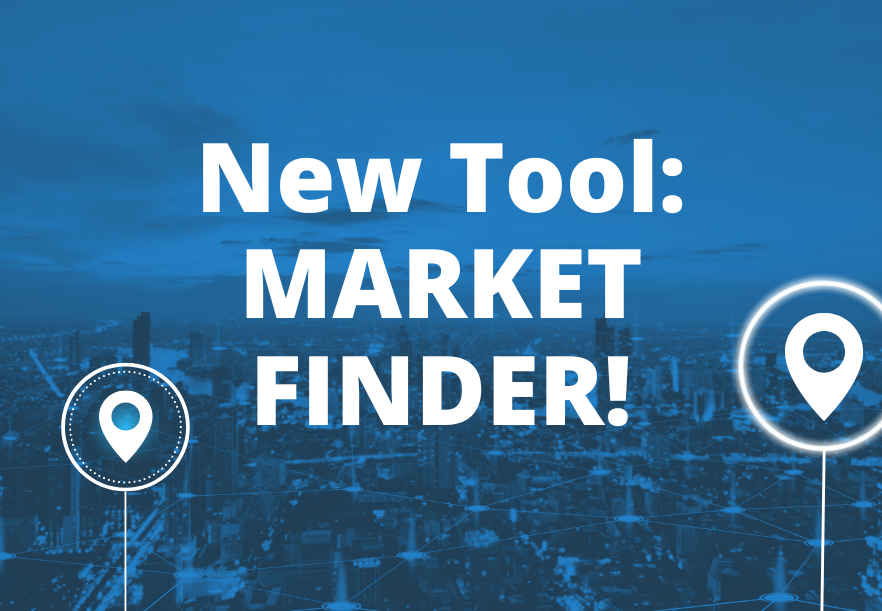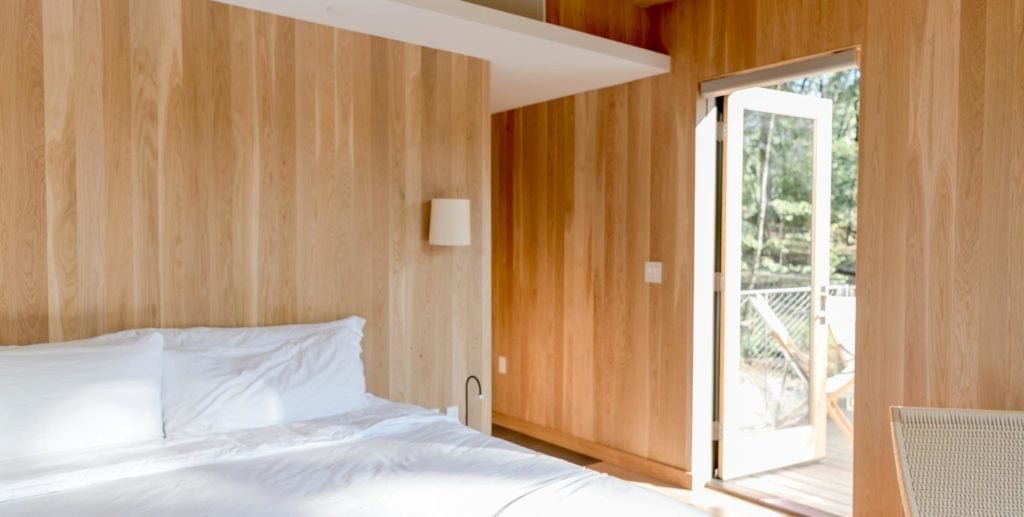So, you’ve decided to dive into the world of short-term rentals—whether it’s Airbnb, VRBO, or whatever acronym you want to use. Congratulations! You’re going to be rolling in passive income and five-star reviews every single time, right? Well…maybe not at first.
But don’t worry, I’ve made all of those mistakes, so you don’t have to. I’m here to help turn your short-term rental into a long-term success. Let’s break down the five essential steps to starting your STR business and getting ahead in this competitive market. Whether you’re just starting out or need a refresher before acquiring your next property, you’re in the right place.
1. Determine What You Can Afford and Explore Financing Options
First things first, set your budget. Before jumping into the Airbnb game, you need a clear idea of how much you can afford to spend on buying or even renting a property. Don’t forget to account for additional costs like furnishing, setting up utilities, and any ongoing maintenance expenses. Trust me—unexpected costs are guaranteed, so build in a cushion to keep things stress-free.
Once your budget is in place, start exploring loan options. If buying is your goal, now is the time to talk to investor-friendly lenders. Look into various mortgage options, such as traditional loans, investment property loans, or specialized short-term rental products like DSCR (Debt Service Coverage Ratio) loans. Compare interest rates, down payment requirements, and terms to find the best fit for your financial situation.
I always recommend shopping at least three lenders to see the different fees associated with it. Applying for a mortgage will briefly ding your credit and the impact is relatively small. With mortgages, you can have your credit report pulled by additional lenders with no impact to you as long as it’s within 45 days of the first credit pull. This encourages shopping quotes so that you do not feel handcuffed to one lender.
Finally, consider how much time and energy you have to invest. Managing an Airbnb can be hands-on, and if you’re short on time, you may need to hire a property manager. Make sure to factor this into your financial and time commitment plan. This will drastically reduce your ROI but may make your investment stress-free with the right property manager in place. Self-managing has always been my first choice (you got this!), but finding a reputable PM may work better for your current situation and goals.
2. Research the Market
Before signing any papers, it’s essential to research the market where you want to launch your rental. Start by analyzing the demand in the area using tools like AirDNA or Mashvisor to get a sense of occupancy rates and potential earnings. Are people traveling to the area year-round? What kinds of stays are in demand? Tools like the BiggerPockets STR Calculator can also give you a financial snapshot of what your property could make.
Next, get to know your audience. Are your guests likely to be families on vacation, business travelers, or adventure seekers? Knowing your target demographic will guide everything from property selection to decor and amenities.
Also, don’t forget to assess the competition. This may be the ultimate way to see how likely your property could profit. Look at existing Airbnb (and VRBO) listings in the area to see what types of properties are popular and which amenities stand out to guests. By doing this, you’ll know how to differentiate your rental. Look into the bookings that are coming, how much they charge for cleaning fees, how much their rates shift, and most importantly, the reviews.
I tend to see that for every three guests that stay, one leaves a review. Now this is not scientific but drawn purely off experience and could be closer to every two guests. If you see months have gone by with no reviews, there is a good chance that the property is not getting the occupancy you may desire. On the other hand, if you see reviews every few days or per week, you might be in the right area to dig in even more.
3. Choose the Right Property
Location is everything. Ensure the property you pick aligns with your criteria for accessibility and appeal. A great rule to follow is the 60/30/10 rule—find a property 60 minutes or less from a major city, 30 minutes from tourist attractions, and 10 minutes from essential services like gas stations or grocery stores.
Consider the property type as well. Whether buying, renting (with permission to sublease), or converting a space you already own, think about what will resonate with your target market. Do you want to invest in a cabin, a glamping structure, or a home in a popular destination? The more unique the house, the easier the marketing. The flip side is the resale value for these types of homes may struggle to keep up with others. Finding a mix of visual appeal and an equitable asset is the secret sauce for STR investors everywhere.
Most importantly, check local laws and regulations before committing to a property. Some areas may have restrictions on short-term rentals or require permits. Make sure your investment is legally sound from day one. If you don’t know where to find out the regulations, calling the local county permitting or zoning department could help you gain the clarity you need.
4. Prepare and List Your Property
Once you’ve secured a property, it’s time to make it guest-ready. Focus on furnishing the space thoughtfully, targeting comfort, practicality, and your guests’ needs. Essentials like Wi-Fi, high-quality bedding, and kitchen appliances are non-negotiable. If your budget allows, consider adding standout features like a hot tub or fire pit to elevate your listing. Look into the amenities nearby at successful STRs and try to keep pace with them if they are at your same price point. Amenities don’t always bring in a huge ROI, but they can increase occupancy rates in some markets.
Safety should also be a priority. Install smoke detectors and carbon monoxide alarms, and ensure your property meets all local safety standards. Disclosed outdoor cameras are allowed and recommended for the front entrances at a minimum. Don’t be that host who watches every move on the camera, though. You will thank me later! Also, remember to secure the right insurance for short-term rentals.
When it’s time to list, invest in professional photos to make your property shine. I can’t stress enough that paying $200-$1000 for breathtaking photos will make your marketing, bookings, and life much easier. A well-written, engaging listing description highlighting your property’s best features will draw attention. Use market research or dynamic pricing tools to ensure your pricing stays competitive.
5. Develop a Management Plan
We need to start thinking about the brains of your operation, aka your property management software. Managing your rental’s day-to-day operations can quickly become overwhelming. I highly recommend checking out Hospitable, even if you only have one property to start. They can help you handle everything from booking management to automation features that will make your hosting life a breeze. Their AI capabilities are far beyond others. You can have a unified inbox across all channel managers, financial reporting, task management, and the list goes on.
Be sure to create a cleaning, maintenance, and restocking system between guests. You can either do this yourself or hire a team, but either way, make sure you’re prepared for the time commitment—especially during busy seasons.
Finally, consider guest communication. You’ll need to be available to answer inquiries and handle any issues that arise. Consider using automated messaging for check-ins and check-outs to streamline the process, but always stay responsive for those last-minute guest needs. Hospitable can help with tools to streamline your whole process and give a 5-star review-worthy guest experience.
We have tons of resources available at BiggerPockets for short-term rental owners, including a brand-new short-term rental newsletter written by yours truly!
Find the Hottest Markets of 2024!
Effortlessly discover your next investment hotspot with the brand new BiggerPockets Market Finder, featuring detailed metrics and insights for all U.S. markets.

Note By BiggerPockets: These are opinions written by the author and do not necessarily represent the opinions of BiggerPockets.



